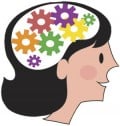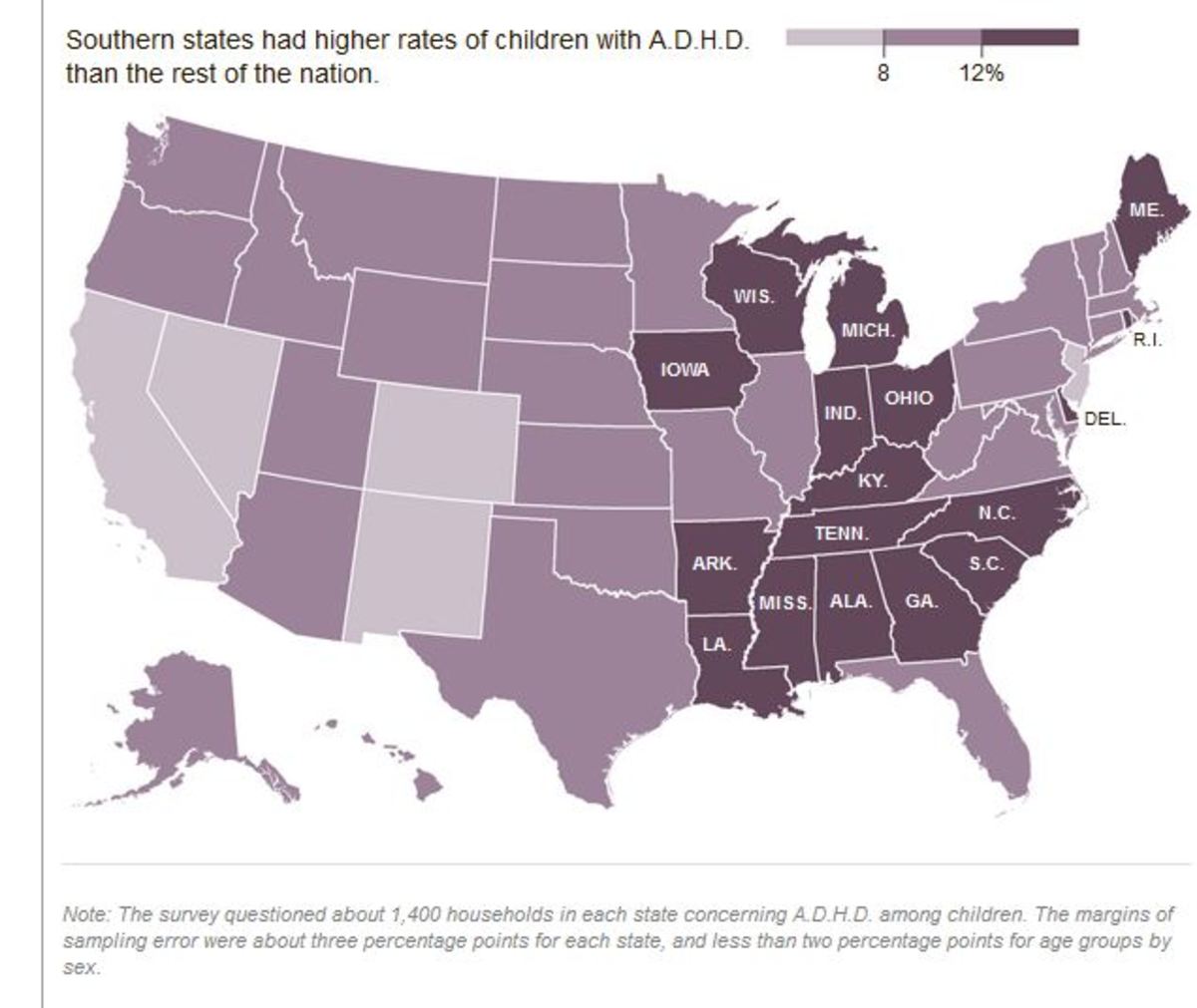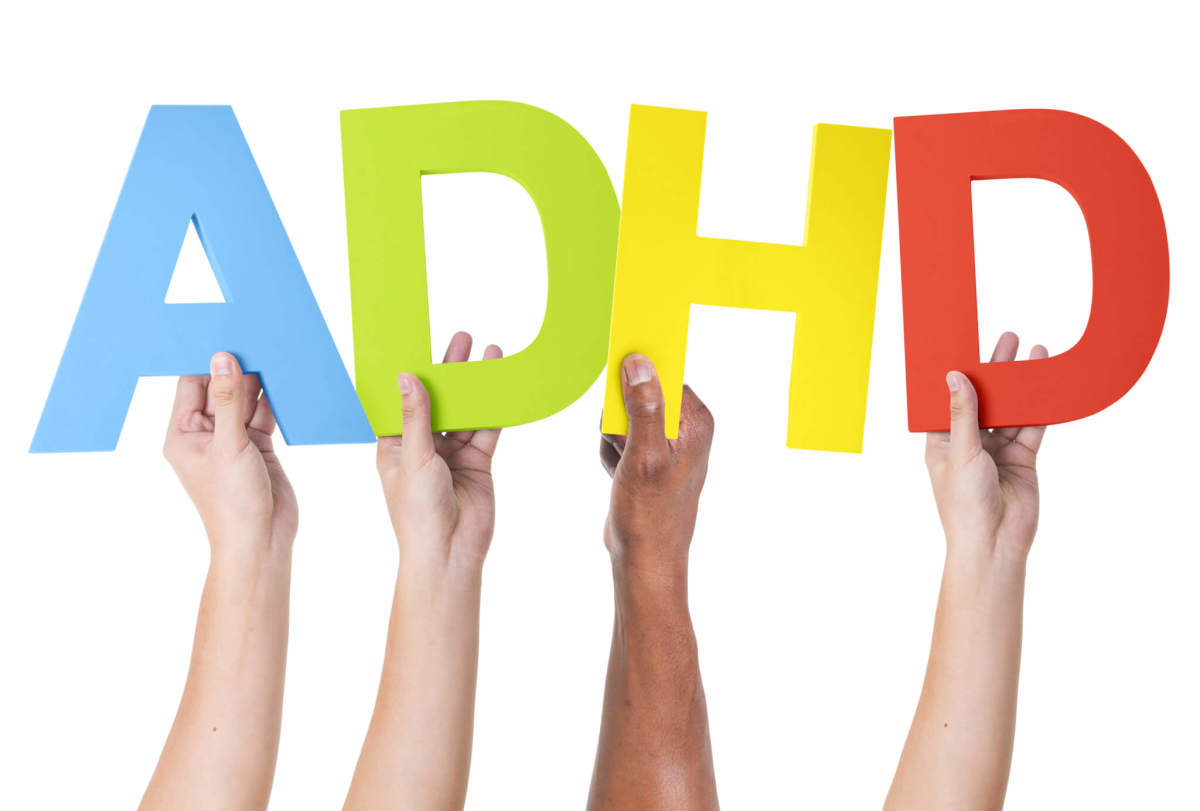What does adhd stand for and other related questions you need answers for
The question, what does adhd stand for involves more than merely defining the term. ADHD stands for Attention Deficit Hyperactivity Disorder. It is a very common childhood mental disorder that affects around 5-7% of all children in the United States and that figure rises every year. This means that there are currently one or two children in every classroom with about thirty kids who is ADHD. Many children have the disorder but are not diagnosed and this can lead to very disruptive and long lasting problems for the child that continue on through adolescence and into adulthood.
ADHD or ADD basically one and the same except that the former has the added component of hyperactivity or impulsive. It has been shown that more boys are diagnosed with ADHD than girls. Diagnosing the disorder involves extensive testing and assessment of the symptoms associated with the disorder. These symptoms generally appear when the child is between the ages of three and six years although very often the disorder only really becomes suspected when the child enters the pressurized environment of school where they are expected to function, concentrate, be organized, and so on. These expectations are the very areas that are compromised when a child has ADD or ADHD simply because the associated symptoms make it impossible for the child to fulfill these expectations.
Once you have grasped what does adhd stand for the next phase is identifying the symptoms and determining whether your child might in fact be ADHD. In order for a diagnosis to be provided the child has to be evaluated by a trained mental health expert with relevant experience in treating the disorder. They will also need to undergo a thorough medical examination to rule out any other explanations of a medical nature that could account for the ADHD like symptoms such as thyroid conditions and inner ear infections. Once the medical examination has been concluded and there are no underlying medical conditions to account for the symptoms the child has been exhibiting they will then be assessed by a number of professionals. Parents need to see this as a team effort and they are part of that team. The team involves the doctors, teachers, etc.
For a diagnosis of ADD or ADHD to be rendered the symptoms need to have been discernible in the child's behavior for longer than a six month period and also need to manifest in more than just one setting, for example they need to manifest not only in the school environment but in other situations and settings as well.
Having asked and answered the question of what does adhd stand for the next step in understanding the disorder revolves around the treatment options that are available. Many children are currently taking ADHD medications and are functioning well, responding favorably to the drugs, and enjoying a better quality of life. Others do not respond well to these drugs and the associated side-effects can prove to be intolerable for some children. Usually more than one drug will be sampled before one or a combination of drugs are chosen that work best for the child. Usually stimulant medications are prescribed but there are also non-stimulant drugs, antidepressants, and alternative therapies that can be considered. With regards to medications it is important to remember that all drugs carry a threat of side-effects and it is true that many of the drugs used in the treatment of ADHD and ADD can be very dangerous.
Parents need to be involved when choosing the treatment option for their ADHD child and they need to understand that there are other options besides medicating the child. You will need to discuss these with the child's doctor especially if the child is currently on some other type of medication or has already been medicated for the disorder. Failing to do so could cause problems that are best avoided. Research alternative treatments and diets that can be hugely beneficial in controlling and reducing the symptoms of ADHD.









